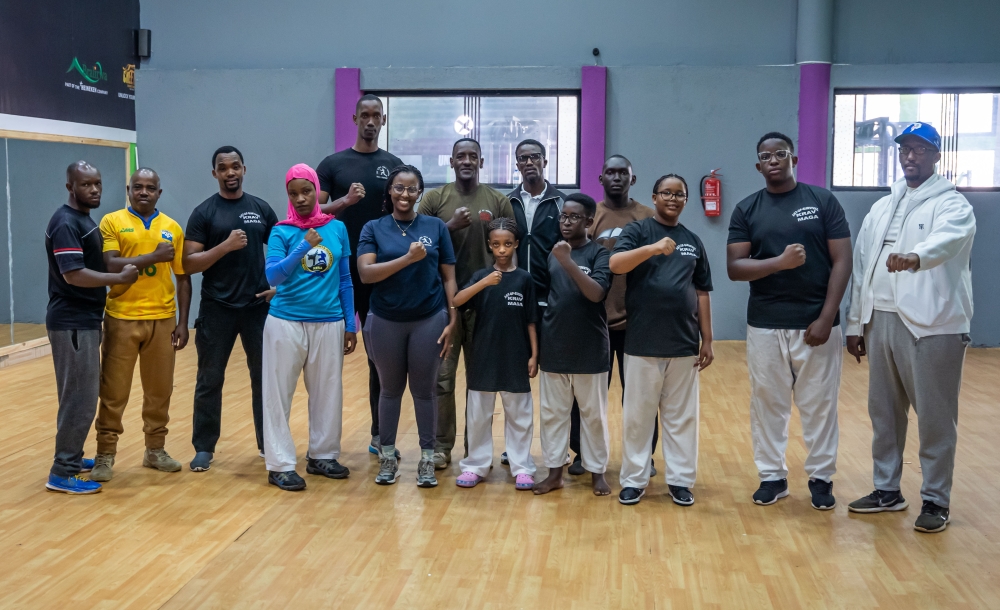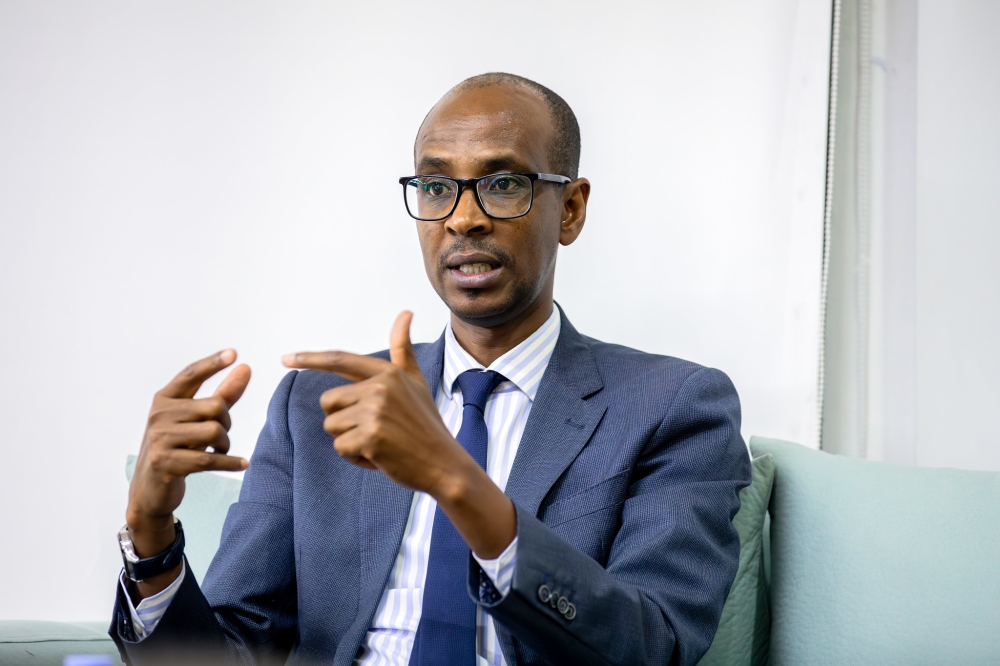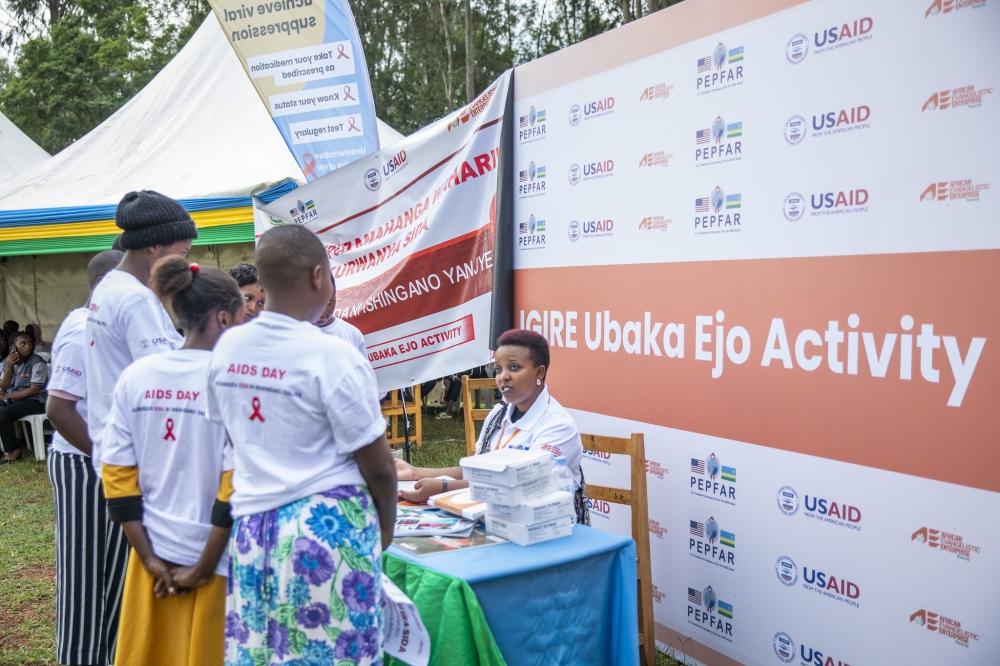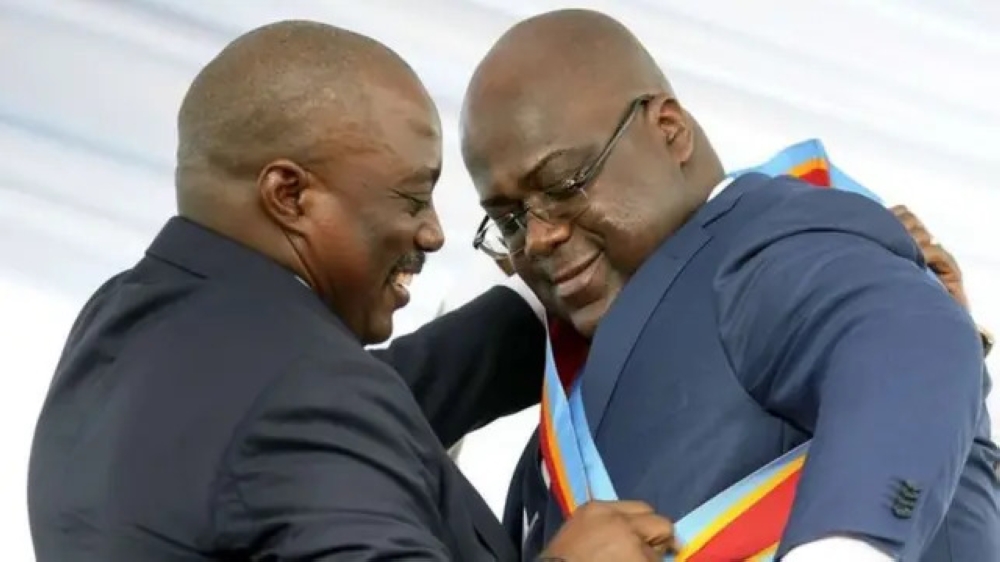For those who were too young to remember or born after the 1994 Genocide against the Tutsi, it may be hard to comprehend what it may have been like, yet it’s a crucial historical fact that every Rwandan ought to learn about.

For those who were too young to remember or born after the 1994 Genocide against the Tutsi, it may be hard to comprehend what it may have been like, yet it’s a crucial historical fact that every Rwandan ought to learn about. Early this week, at the opening of the 19th Genocide commemoration week, President Paul Kagame called upon the inclusion of genocide themes in the school curricula so that young people get to learn about its cause and the disastrous consequences that followed. This way they can get involved in ensuring that it never occurs. However, even before we talk about what is taught in class there are numerous Genocide memorial sites spread across the country that one can visit. The fact that the theme for all Genocide memorial sites in the country is ‘Learning for the Future’ implies that their cardinal aim is to remind people about the country’s tragic past and in that way inspire them to fight against a repeat of the same. "You are able to discover the dangers that may result from having bad leadership, this museum shows evidence of how previous regimes imparted the genocide ideology in people and also helped arm a murderous militia,” shares Bonheur Pacifique, a guide at the Kigali Genocide Memorial Centre.These centres can also act as patriotism and heroism inspiration centres, for example while there, tales of individuals who openly opposed the Genocide even when it would cost them their own lives. This can encourage today’s young people to always fight for what is right. "This centre teaches us about the importance of brotherhood and sacrifice. For example, it highlights individuals who went out of their way to offer shelter and food to some of the Genocide victims. This encourages one to develop a similar heart,” states Aldrine Butera, a visitor at the Kigali Genocide Memorial Centre.The fact that these museums showcase some of the weapons used during the killings gives a clear illustration to young people how bad leadership could lead to such. "One is able to discover the importance of forgiveness and reconciliation at the memorial sites. For instance people get to learn about the legacy of the Gacaca courts, a traditional justice system that successfully presided over numerous genocide cases,” reveals Uwineza Annitah, an information officer at Nyamata genocide memorial centre in the Eastern Province.






